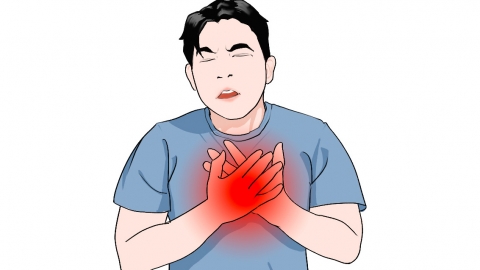What are the side effects of antihypertensive drugs?
Generally, common antihypertensive medications include losartan potassium hydrochlorothiazide tablets, furosemide tablets, nifedipine tablets, etc. Side effects of antihypertensive drugs may include hypotension, electrolyte disturbances, dry cough, edema, fatigue, and others. It is recommended to use these medications as directed by a physician. Detailed explanations are as follows:

1. Hypotension
The main function of antihypertensive drugs is to lower blood pressure. However, if the dosage is too high or the patient is overly sensitive to the medication, blood pressure may drop excessively, leading to hypotension. This may cause symptoms such as dizziness, fatigue, visual darkening, and in severe cases, even fainting.
2. Electrolyte disturbances
Certain antihypertensive drugs may affect the kidney's reabsorption and excretion of electrolytes, potentially causing electrolyte imbalances. For example, they may cause elevated or reduced blood potassium levels. Abnormal potassium levels can affect normal heart and muscle functions, leading to arrhythmias and muscle weakness.
3. Dry cough
Medications may affect the metabolism of certain neurotransmitters or chemicals in the body, such as bradykinin. Accumulation of bradykinin in the body can stimulate receptors in the respiratory tract, triggering a cough reflex. Dry cough is usually irritating and non-productive, gradually developing after medication use, and may worsen at night or when lying down.
4. Edema
Some antihypertensive drugs may cause vasodilation and increase vascular permeability, allowing fluid to more easily move from the blood vessels into the tissue spaces, resulting in edema. Commonly affected areas include the ankles and lower limbs, which can impact patient comfort and mobility.
5. Fatigue
Antihypertensive drugs may affect the body's metabolic processes or cause abnormal muscle function, leading to fatigue. For example, medications may interfere with intracellular energy metabolism or affect neuromuscular junction transmission, preventing muscles from exerting normal strength, causing tiredness, weakness, and decreased exercise tolerance.
In daily life, maintaining good lifestyle habits such as balanced diet, moderate exercise, smoking cessation, and limiting alcohol consumption can help control blood pressure and reduce side effects of antihypertensive medications.







